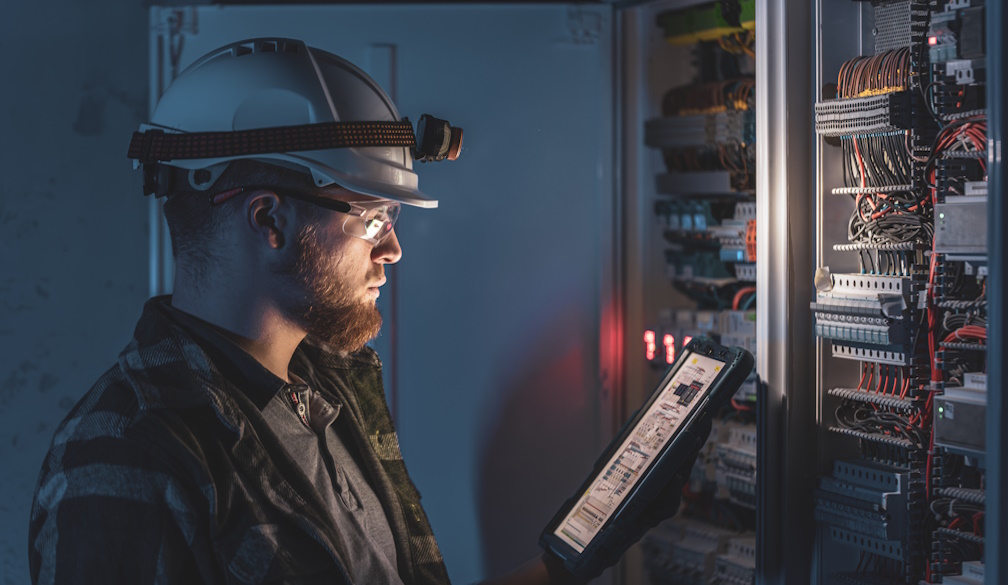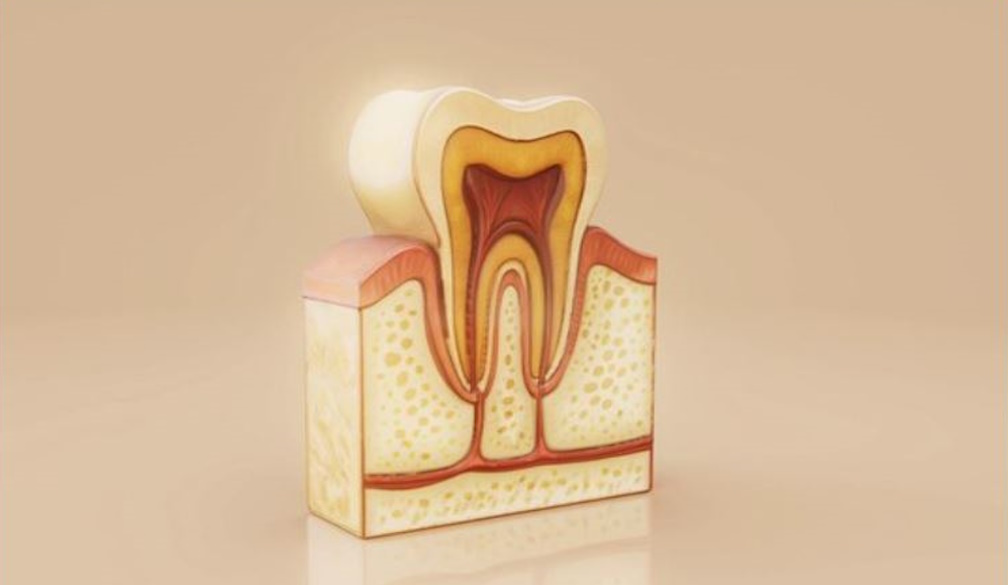'What I had to say mattered' — how can we provide justice for sexual assault victims beyond criminal trials?
- Written by Bernadette McSherry, Foundation Director, Melbourne Social Equity Institute and Professor of Law, University of Melbourne
Louise Milligan’s new book, Witness[1], reports how traumatic the criminal justice system can be for victim-survivors of sexual assault.
This is not the first time we have heard how official responses to sexual violence can cause harm.
As the child abuse royal commission pointed out[2],
the criminal justice system is unlikely ever to provide an easy or straightforward experience for a complainant.
The Victorian Law Reform Commission is currently looking at[3] how to improve responses to sexual offences. As part of this, it is seeking submissions[4] on whether there are other ways — beyond criminal trials — to better meet the needs of people who have experienced sexual harms.
The limits of criminal trials
Criminal trials may hold offenders to account and officially acknowledge and denounce sexual harm. However, they are far from perfect.
While research suggests victim-survivors want to be heard, believed and vindicated[5], going to court means they are cross-examined on their version of events. The truthfulness of their account is publicly challenged in cases where the defendant offers a different story.
Victim-survivors report being re-traumatised[6] by the trial process, as their explanation of what happened is tested in court.
 Sexual assault trials can re-traumatise victims.
www.shutterstock.com
Sexual assault trials can re-traumatise victims.
www.shutterstock.com
Even when an alleged offender is convicted, some victim-survivors still do not feel justice has been done[7]. They may have their own questions for the offender that remain unanswered.
Some of the problems with the criminal justice system can, and should, be addressed through reform. Other problems may be unavoidable in an adversarial system.
Restorative justice
Research indicates victim-survivors want a range of things when seeking “justice”[8]. These include telling their story in full, having it heard and believed, holding the perpetrator to account and preventing[9] further harm.
Given trials may not achieve all of these goals, some experts[10] have argued victim-survivors should be able to choose from a “menu” of justice options[11].
Read more: Review: Louise Milligan’s Witness is a devastating critique of the criminal trial process[12]
With this in mind, restorative justice[13] is one option being explored by the Victorian Law Reform Commission.
Restorative justice initiatives are separate to criminal trials but can operate at the same time and don’t necessarily replace criminal justice proceedings.
In general, restorative justice will see the people affected by a crime — both victims and perpetrators — brought together. They will discuss the impact of the crime and how to repair the harm it caused.
Restorative justice programs[14] already exist in relation to a range of harms. For example, Victoria and the Australian Capital Territory now use it for family violence[15].
The ACT[16] and New Zealand[17] also offer facilitated meetings between a person who has been sexually harmed, the person who caused the harm and their support people.
Doing justice differently
In Victoria, a restorative justice program[18] — independent of the courts — previously operated through a community service. Victim-survivors of sexual assault were referred to the program or contacted the service themselves.
The facilitator — a specially trained sexual assault counsellor — met with them and discussed their motivations, the process and likely outcomes. If the case was suitable, the facilitator contacted the person alleged to be responsible and invited them to be involved.
After a series of preparatory meetings, a supported meeting with the victim, the person responsible and other friends and family took place.
 Restorative justice programs do not have the same legal rules as a court.
www.shutterstock.com
Restorative justice programs do not have the same legal rules as a court.
www.shutterstock.com
Restorative justice processes may give victim-survivors an opportunity to tell their story[19] without being limited by legal rules and get back a sense of control in their lives.
In an evaluation of the Victorian program, one survivor said[20] it made her feel as though,
what I had to say mattered and that everyone was listening to me and taking it in and considering it.
But the approach is not without its critics. There are concerns[21] it may provide another opportunity for perpetrators to manipulate and harm their victims. Indeed, in the same evaluation report[22], victim-survivors recognised that restorative justice processes could be re-traumatising.
As one interviewee noted,
I think you just need to be careful at what stage in the victim’s recovery you’re going to do that, if at all.
Implementing restorative processes
Whether restorative processes should be one of the justice options available to victim-survivors remains a matter of debate. There are also important questions around what model could be used.
These include whether restorative justice outcomes should influence criminal sentences, what standards and training need to be put in place and are there cases where it is not appropriate[23]?
Academics also emphasise[24] the need for more research with victim-survivors, to better understand the benefits and limits of different programs.
Listening to experiences
Legal categories such as “rape” and “sexual assault” play an important role in naming behaviour and organising community responses. However, these terms cover a wide range of experiences[25]. Victim-survivors may have different ideas about what justice and accountability might mean.
The challenge for law reform inquiries is to look beyond categories and engage with the real lives[26] of those who experience such harm.
Read more: NSW law reform report misses chance to institute 'yes means yes' in sexual consent cases[27]
For this reason, the Victorian Law Reform Commission is also examining other options that could make the justice system safer for victim-survivors, such as victim-survivor advocates[28] and alternative ways of reporting[29] sexual harm.
The key question in the Victorian inquiry is, what will really improve the justice system’s response to sexual offences? It is only through learning more about victim-survivors’ experiences[30] that this question might be answered.
Submissions to the inquiry close on December 23. The Commission is due to report to the Victorian government by August 2021.
References
- ^ Witness (theconversation.com)
- ^ pointed out (www.childabuseroyalcommission.gov.au)
- ^ looking at (lawreform.vic.gov.au)
- ^ seeking submissions (lawreform.vic.gov.au)
- ^ heard, believed and vindicated (www.griffith.edu.au)
- ^ re-traumatised (aifs.gov.au)
- ^ justice has been done (www.aic.gov.au)
- ^ seeking “justice” (www.griffith.edu.au)
- ^ preventing (aifs.gov.au)
- ^ some experts (cij.org.au)
- ^ “menu” of justice options (core.ac.uk)
- ^ Review: Louise Milligan’s Witness is a devastating critique of the criminal trial process (theconversation.com)
- ^ restorative justice (cij.org.au)
- ^ programs (cij.org.au)
- ^ family violence (www.justice.vic.gov.au)
- ^ ACT (justice.act.gov.au)
- ^ New Zealand (projectrestore.nz)
- ^ restorative justice program (www.aic.gov.au)
- ^ tell their story (www.aic.gov.au)
- ^ one survivor said (www.aic.gov.au)
- ^ concerns (journals.sagepub.com)
- ^ evaluation report (www.aic.gov.au)
- ^ not appropriate (www.childabuseroyalcommission.gov.au)
- ^ also emphasise (www.aic.gov.au)
- ^ wide range of experiences (core.ac.uk)
- ^ real lives (papers.ssrn.com)
- ^ NSW law reform report misses chance to institute 'yes means yes' in sexual consent cases (theconversation.com)
- ^ victim-survivor advocates (lawreform.vic.gov.au)
- ^ alternative ways of reporting (www.lawreform.vic.gov.au)
- ^ victim-survivors’ experiences (engage.vic.gov.au)













